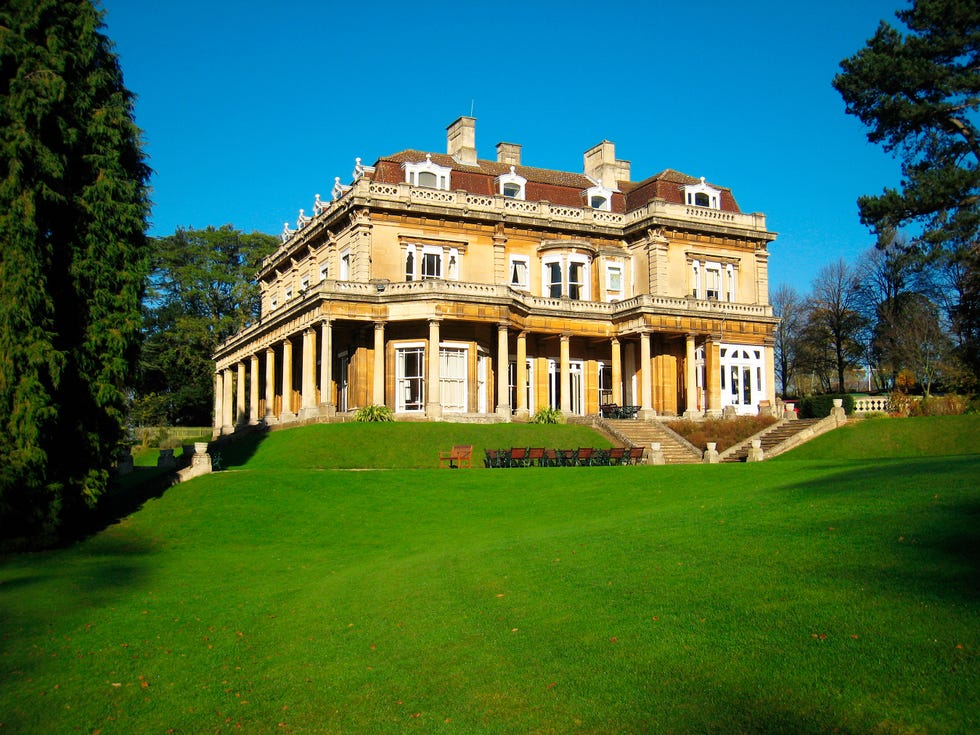From Town & Country, January 31:
Today, Ghislaine Maxwell’s father Robert is remembered mostly for his death. But in his prime he represented power, money, and shocking deceit—and British society ate it all up.
Can scandal be hereditary? Ghislaine Maxwell’s involvement with Jeffrey Epstein made her a household name, but her ongoing legal woes didn’t mark the first time her family had endured the glare of the spotlight.
When Ghislaine’s father Robert Maxwell died in 1991, the official cause of death was a heart attack—but not everyone was convinced. Rumors swirled that the larger-than-life newspaper baron, whose body had been found near the Canary Islands (he was presumed to have fallen off his yacht), had committed suicide in the face of financial ruin or been assassinated by some shadowy intelligence agency. And was it really any wonder?

Throughout his life, Maxwell worked tirelessly to obscure the truth about himself. He changed his name, denied his religion, and played shell games with vast fortunes, all in an effort to storm first the British aristocracy and later the international cabal of billionaires, businessmen, and power brokers. The plan worked. In his lifetime Maxwell became a global publishing tycoon—running such newspapers as London’s Daily Mirror and New York’s Daily News—a member of Parliament, and a bête noire for the likes of Rupert Murdoch and Margaret Thatcher. There were also rumors that he was a spy for Israel, or Britain, or both.
In the new biography Fall: The Mysterious Life and Death of Robert Maxwell, Britain’s Most Notorious Media Baron, author John Preston follows the story of Maxwell’s life, from a destitute childhood in Czechoslovakia to the heights of fame and fortune. Preston deftly depicts how the trappings of money and power can be used to obscure a lifetime of secrets and lies. In this excerpt Maxwell’s uncanny ability to deflect attention with abundance is on full display—and serves as a chilling reminder that the apple never falls far from the tree.
The dinner dances hosted by Robert and Betty Maxwell at Headington Hill Hall were considered, even by hardened partygoers, to be in a class of their own. The house itself was an ideal venue for a party. It had been built in the early 19th century by a culture-loving family of brewers, the Morrells. They too had been keen party-givers. In 1878, Oscar Wilde was among the 300 guests at one of their fancy dress balls. For reasons that are not entirely clear, he chose to come dressed as Prince Rupert of the Rhine.
Ever since the Maxwells moved into Headington Hill Hall, they continued the tradition of throwing grand parties. But, as guests soon discovered, Maxwell had his own way of doing things. The writer and future Conservative MP Gyles Brandreth was a guest at one of their parties in the 1970s. At first nothing struck him as out of the ordinary. “It was only when I went up to Maxwell that I realized he had this apparatus on. There was an old-fashioned microphone attached to the lapel of his jacket with a windshield on it. And on his belt was this large box, the size of a hardback book with a dial in the middle. This was somehow connected to speakers in each of the rooms.”....
....MUCH MORE